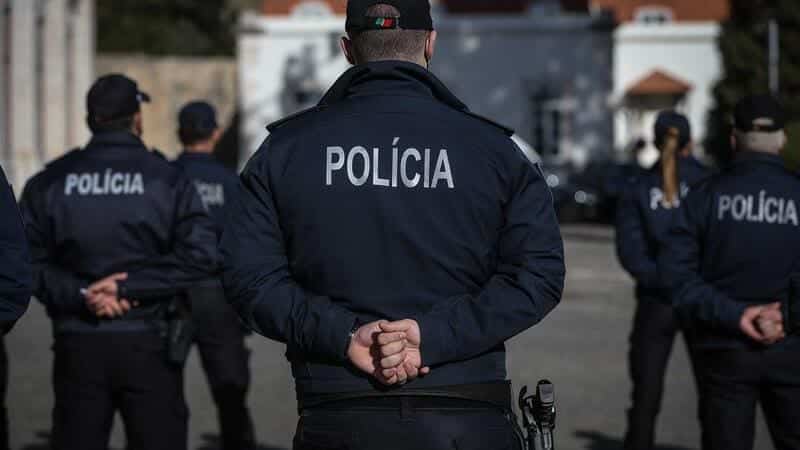Union leader warns protests will only intensify if proposal ‘falls short’
Today is one of the first major tests of Portugal’s precarious centre-right government.
It is the moment that the Minister of Internal Affairs will present police unions/ syndicates and associations with a proposal to grant an allowance that is currently only awarded to PJ criminal police.
Bruno Pereira of the Platform that unites PSP (public security police) unions and GNR (national republican guard) associations has said he hopes the proposal is in line with expectations: if not, protests that began late last year “will only intensify”.
The proposal is to be presented, in separate meetings, to the four socio-professional associations of the GNR and the six unions of the PSP, whose overriding beef with the government is a mission supplement “identical to the one that the previous Socialist government gave to the PJ”, thus opening a can of worms that has seen the rise of disruptive ‘inorganic movements’ within both forces.
At the last meeting held with the various police structures (on 22 April), interior minister Margarida Blasco announced the granting of a subsidy – but did not clarify whether it would be a risk subsidy or a mission supplement, nor did she specify the amount and/ or the way in which it would be granted.
At the end of the April meeting, police representatives left with some hope and expectation, given that for the first time the minister acknowledged that the awarding of a mission supplement ‘one of her priorities’.
Today’s first meeting will take place at 3pm with the Association of Guard Professionals (APG/GNR), the National Association of Guard Sergeants (ANSG), the Independent Socio-Professional Association of the Guard (ASPIG), the National Autonomous Association of the Guard (ANAG) and the National Association of Guard Officers (ANOG).
A meeting with the Trade Union Association of Police Professionals, the Independent Union of Police Officers, the Union of Police Professionals, the National Union of Chiefs, the National Union of Police Officers and the National Police Union is scheduled for 5pm.
Talking to SIC Notícias, Bruno Pereira has stressed that a proposal that doesn’t tick all the relevant boxes could “act like an accelerant” for the disruptive movements that have been behind recent protests, and which even today are calling for a boycott of upcoming initiatives, like Rali de Portugal, if decisions do not go their way.
In other words, this issue “has to be resolved quickly, otherwise it will take on a unique dimension, difficult to control, difficult to manage”, he warns.
natasha.donn@portugalresident.com


























